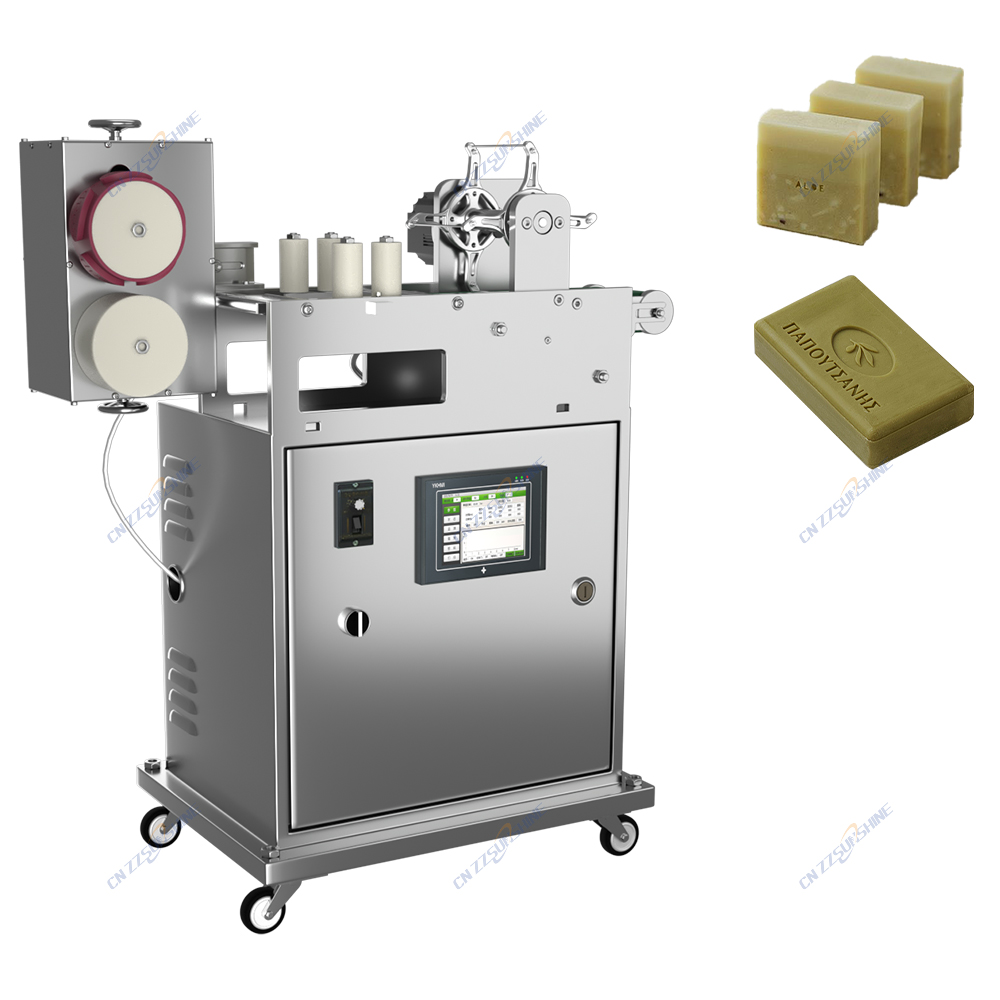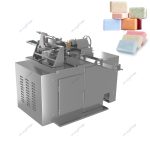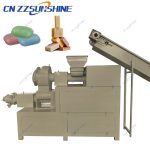For manufacturers aiming to scale efficiently and meet rising market demands, transitioning from batch processing to a fully integrated automatic soap production line is no longer a luxury, but a necessity. This sophisticated machinery sequence replaces labor-intensive manual steps, delivering unmatched consistency, throughput, and product quality crucial for competitive advantage in both laundry bar soap production line and toilet soap finishing line segments.
The core of a high-output automatic soap production line lies in its interconnected modules. It begins with precision mixing, where robust industrial mixers for chemical processing ensure homogeneous blending of oils, fats, caustics, and additives. This critical step dictates the final bar’s properties. The mixed soap base then undergoes refining and de-aeration, often utilizing a vacuum plodder machine for bar soap. This component is vital for eliminating air pockets, resulting in a denser, smoother bar with superior lather and longer lifespan – essential for premium bath soap making machine outputs.
Following refining, the soap mass is extruded into continuous logs via the soap plodder machine. Modern lines often incorporate duplex or triplex vacuum plodders for optimal densification. These logs are then fed into high-speed cutting units. While traditional soap cutter machines exist, advanced systems employ electric washing soap cutters or custom soap cutting machines for precise, hygienic, and consistent sizing with minimal waste. This is especially critical for intricate shapes in beauty soap making lines.
The final stages involve finishing. For laundry soap making lines, this might include stamping and cooling. For higher-end toilet soap finishing lines, additional steps like milling (potentially using a three-roller mill for cosmetics-grade smoothness), stamping, polishing, and wrapping are seamlessly integrated. Throughout the entire automatic soap production line, auxiliary equipment like industrial chillers for machinery ensure optimal temperature control during critical phases like extrusion and cooling, guaranteeing product integrity.
Investing in a well-engineered automatic soap production line, sourced from experienced China feed processing machine suppliers who also specialize in soap machinery, offers tangible ROI. Benefits include significant labor cost reduction, minimized human error, strict adherence to hygiene standards, enhanced production capacity (24/7 operation), material savings through precise dosing and cutting, and the flexibility to switch between laundry bar soap production line configurations and toilet soap finishing line setups with minimal downtime. For businesses serious about scaling soap output while maintaining premium quality, automating the process is the definitive solution.





